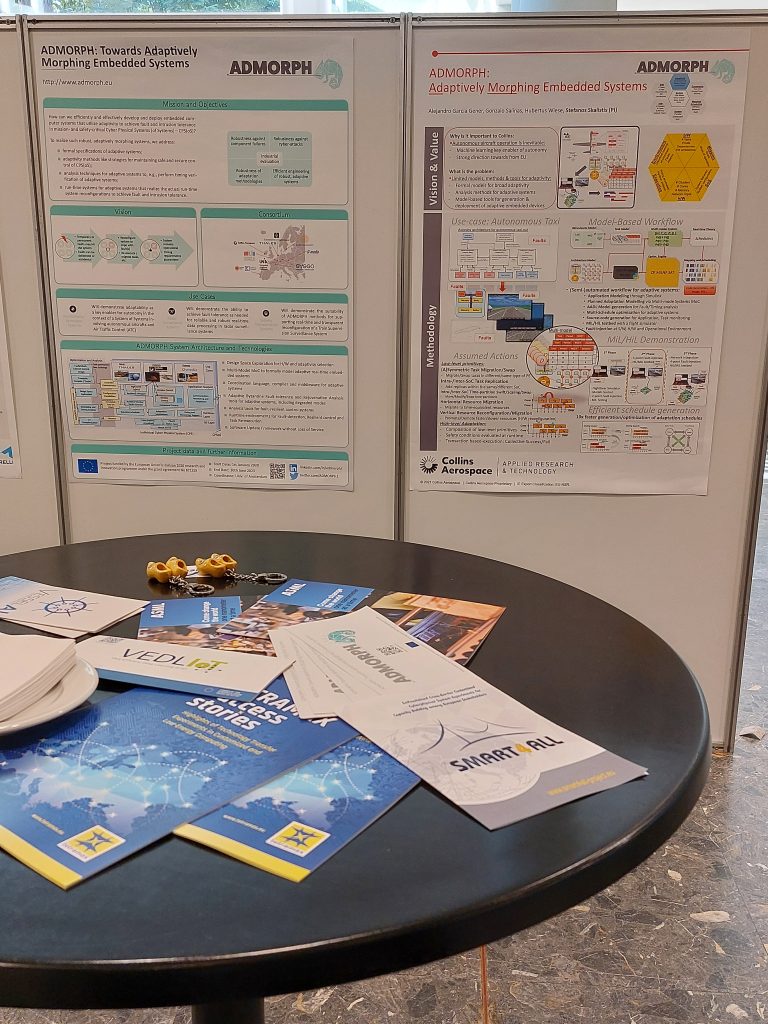ADMORPH Consortium Meeting in Augsburg
The 7th ADMORPH Consortium Meeting took place from the 6th to the 8th February, in Augsburg, Germany.
During the meeting it was possible to address ongoing activities, present the status of demonstrations being prepared, and discuss technical aspects in detail, during break-out sessions involving different sets of partners.
As usual, the meeting also contributed to reinforce the team spirit, namely over coffee-breaks and lunches.
We are now looking forward for the final meetings and final project review!!

